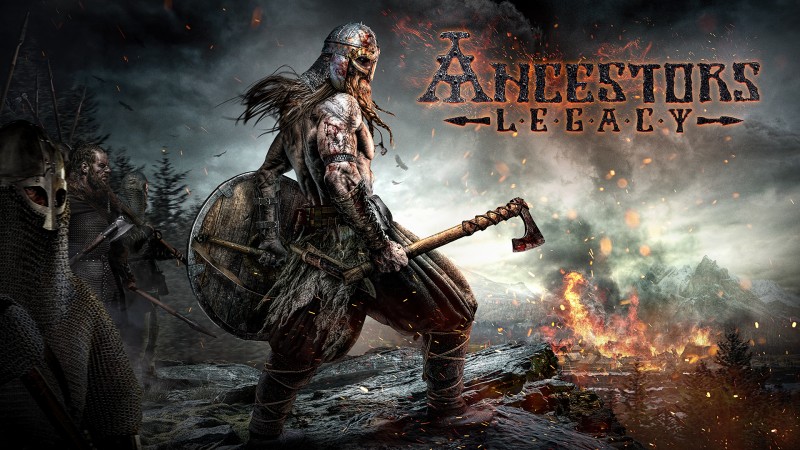

As she points out, until recently genealogy on any sustained scale was primarily the province of royalty, but recent advances in technology have allowed anyone to construct a family tree as detailed and expansive as the Windsors’.

Her book appears amid popular excitement about genealogy, fueled by websites like and new DNA technologies, including 23andMe.

For we are a country that is nothing short of obsessed with blood and lineage, an obsession that Newton troubles at every turn.

More widespread throughout our culture, however, is some notion that genetics are destiny, and it is difficult to shake the idea that, on some level, the apple never falls far from the tree. Newton’s father held extreme and disturbing beliefs, and Newton broke from them at an early age-another disappointment for him. It’s this sticky web of expectations that Maud Newton’s Ancestor Trouble: A Reckoning and a Reconciliation attempts to untangle, sifting through the anxiety of influence that is inheritance, genetics, and how they conspire to create a human life. In the same way we talk regularly of certain diseases as hereditary, we also often allow the stories of our grandparents and great-grandparents to influence our behavior and identity. This was an extreme response, perhaps, but I certainly wasn’t alone in how I let stories of my forebears determine my beliefs and behaviors, and in how for years I saw ancestry-with its heady mix of genetics and family lore-as nearly inescapable destiny. From an early age, I’d known that my grandfather had been an alcoholic, and the common wisdom that the disease skips generations burned in me, leading me to believe that the merest taste would doom me to a short life of addiction bound to end ignominiously in a ditch somewhere. I didn’t touch alcohol-literally, not a drop-until a few months before I turned 21.


 0 kommentar(er)
0 kommentar(er)
